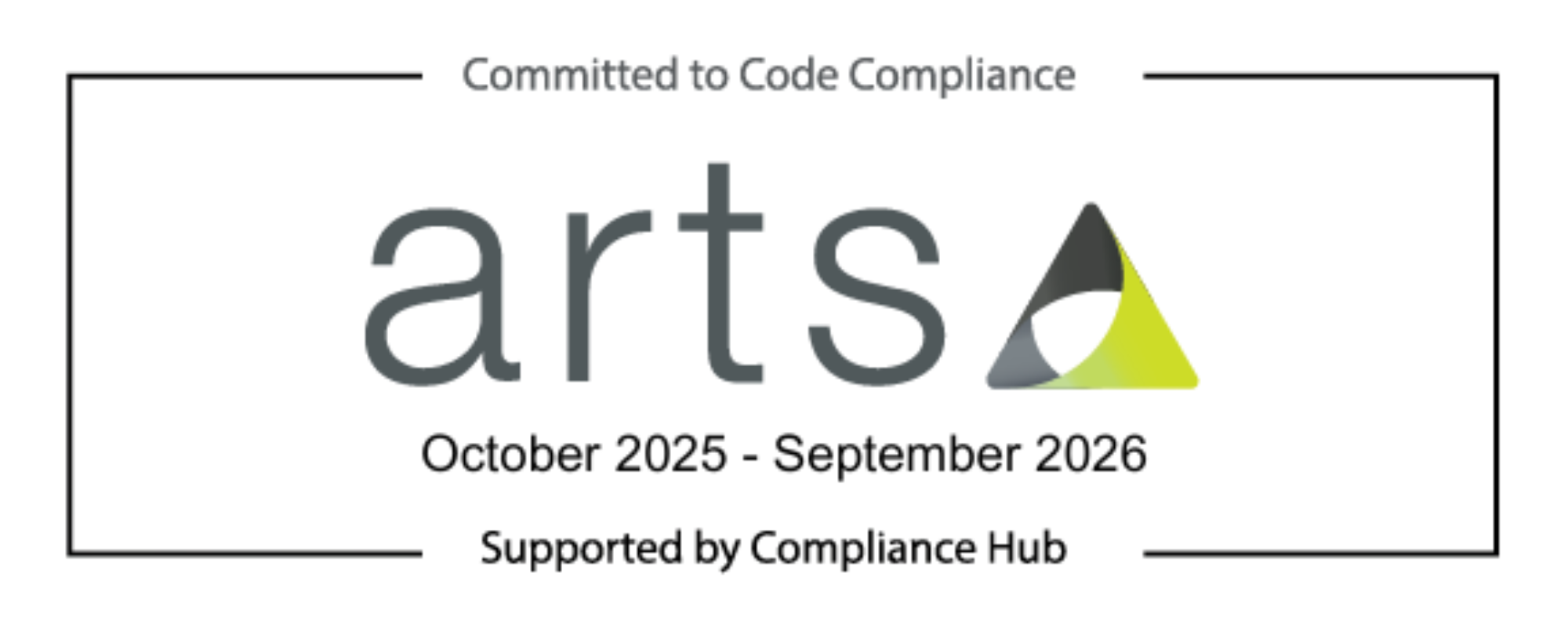The Value of Face-to-Face Interactions in a (New) Virtual World
)
The rise of Covid-19 has brought with it a monumental shift in communication across the globe. From family and friends to the professionals we turn to such as therapists and coaches ' the way we interact has changed dramatically. Companies that hadn't already done so were forced to move quickly in placing 'digital' as a core part of their strategy; but while there are advantages to this approach ' we can't ignore the significance of 'face-to-face' contact within the exhibitions industry.
As in-person events return to UK shores following the latest government announcement, it raises discussion on how important they are, the role they play in a new, virtual world and how businesses can transition successfully. We look to those at the forefront to set the bar as live shows re-emerge.
What are the key benefits?
As exhibitors, sponsors and customers gear up to reunite, a key focus will be on reengagement and how to encourage and reconnect customers back to in-person events. There's a strong desire to return to face-to-face contact ' and with good reason' 'Human-to-human contact is the most powerful form of engagement' says Mike Seaman, CEO of Raccoon Events. 'After an enforced absence, our audiences are hungrier than ever to get together and interact in a more meaningful and multi-sensory way. Digital has its place, and remote working and Zoom calls are great ' but nothing beats live!'
This speaks to how much of an important cornerstone the live format is for connecting with others, building strong relationships and adding an element of community that simply can't be replicated to the same standard with tech alone.
A green light from the government
It's been a long road to re-opening the economy, with more twists and turns than a rollercoaster. Back in May, excited exhibition organisers welcomed news that indoor events for up to 1000 people would be permitted, followed by a full lifting of restrictions on June 21 ' only for the green light at the end of the tunnel to turn red.
On June 14 the government confirmed there would be a delay in the country moving to Step 4 of the government roadmap ' which would lift capacity restrictions ' with hopes for the lockdown to be lifted on July 19. Despite an accelerated vaccine rollout, the rise of the Covid-19 Delta variant in parts of England meant that we had to press pause once again'
However most recently on July 5, Prime Minister Boris Johnson finally confirmed the full lifting of lockdown in the UK will be going ahead as planned ' so in just over a week's time it will be business as usual, at full scale. Despite the delays we've experienced in the easing of lockdown restrictions across many areas, the return of in-person events now really is closer than ever.
Learning from others
The rush to embrace digital platforms as the pandemic escalated revealed a willingness of those early digital pioneers to share their learnings with everyone. Transitioning back into the 'physical world' will most certainly require the same level of learning and guidance, in order to keep everyone as safe as possible and businesses thriving.
As part of this process a number of pilot tests are being run under the government's Events Research Programme (ERP), to inform the decisions made on the safe removal of social distancing ' and some of the results so far make it difficult not to get too excited'
Carried out across a range of settings, the ERP programme is overseen by an industry-led steering group working closely with national and local public health authorities. Organisers found there was 'no sign' of increased Covid-19 infections following a pilot test event with 5,000 fans at a Love of Lesbian show in Barcelona, during which there was no requirement for social distancing. Safety measures including a negative Covid-19 test upon entry, mandatory mask-wearing and enhanced ventilation meant that in the 14 days following the show, only six attendees tested positive ' and four of them were deemed to have caught the virus from elsewhere.
In addition to this, four pilot events hosted in Liverpool revealed that through effective use of test and trace, a total of 13,258 attendees resulted in no detectable spread of Covid-19 across the region.
Plans for The Clinical Pharmacy Congress
After being unable to run a physical event last year due to Covid-19, CPC is back ' live and in-person ' for 2021. Knowing how crucial the networking delivered by CPC'is for all stakeholders, we're working towards delivering a physical event in September that gives our visitors, speakers and exhibitors a safe and successful event environment. We'll be consulting regularly with stakeholders in an ongoing discussion process, re-aligning our plans as and when required, and always following government guidelines & regulations with regards to running a face-to-face event.
In addition to this we'll also be taking into account:
- lessons learnt from pilot events (run from April to July 2021);
- surveying and feedback from pharmacy professionals;
- guidance from event industry associations;
- scientific and medical evidence to guide our event layout.
Planning is well underway, and in the coming weeks we'll be sharing our event floorplan to all exhibitors, launching our conference programme and preview of the event activity and carrying out site visits (whether virtual or in-person). We welcome any suggestions and input from stakeholders to ensure all needs are considered throughout the planning process.
While the value of in-person communication is evident, let's not forget all we've learned from digital. There are no parts of society where physical and digital don't go hand-in-hand ' and exhibitions are no exception. We're no longer in an 'either-or' industry, and it seems those who take the learnings of the past year and embrace a new blended approach will reap the rewards.


 London
London


